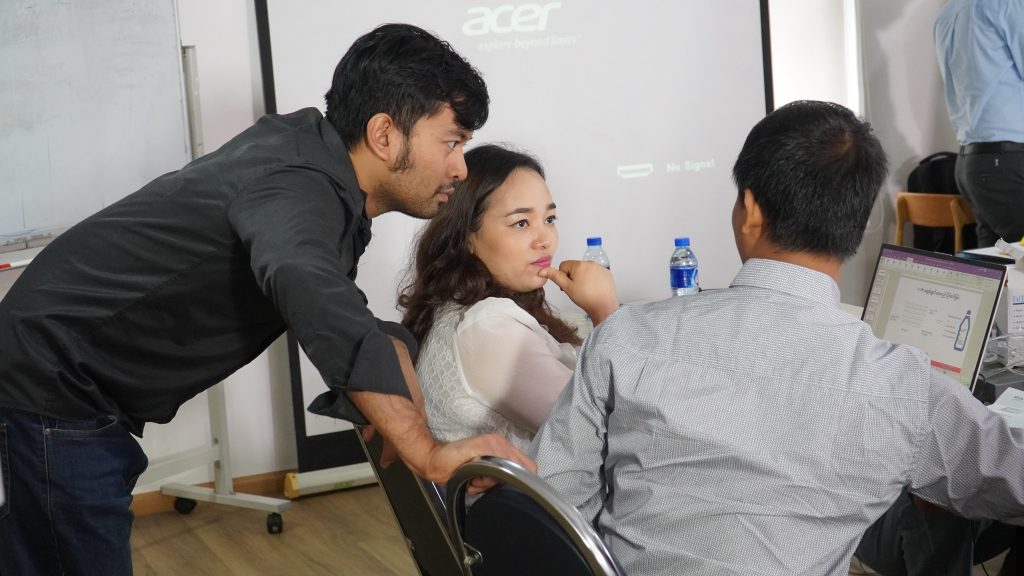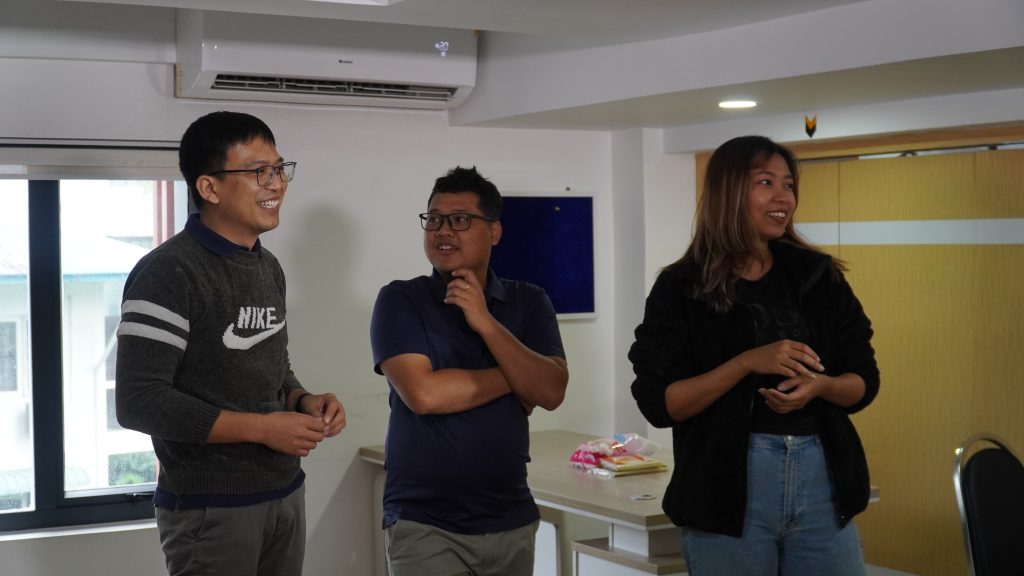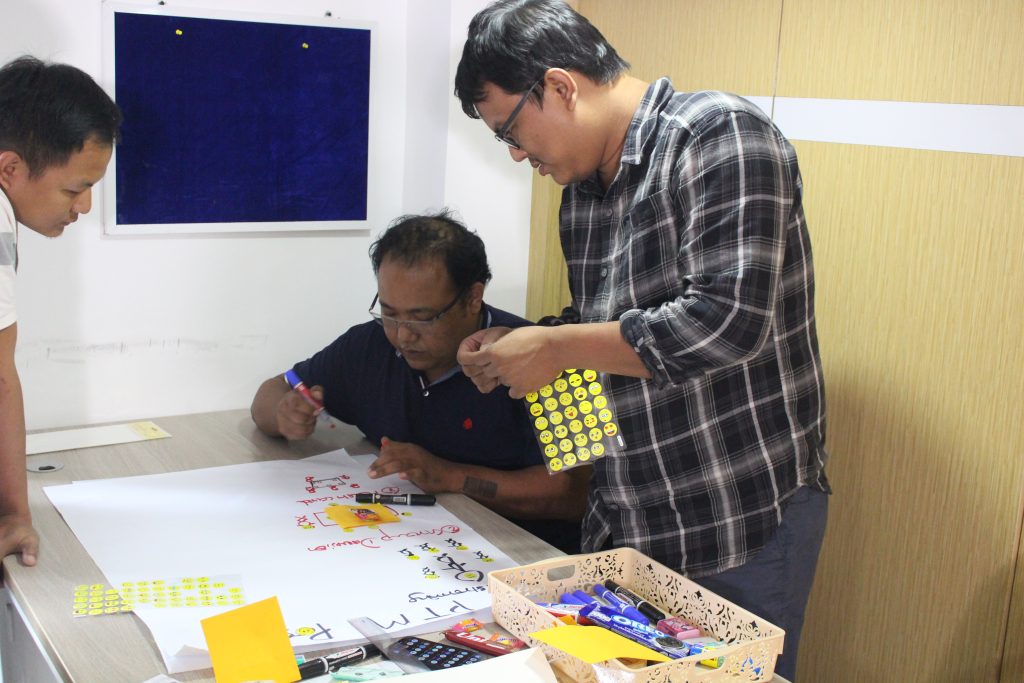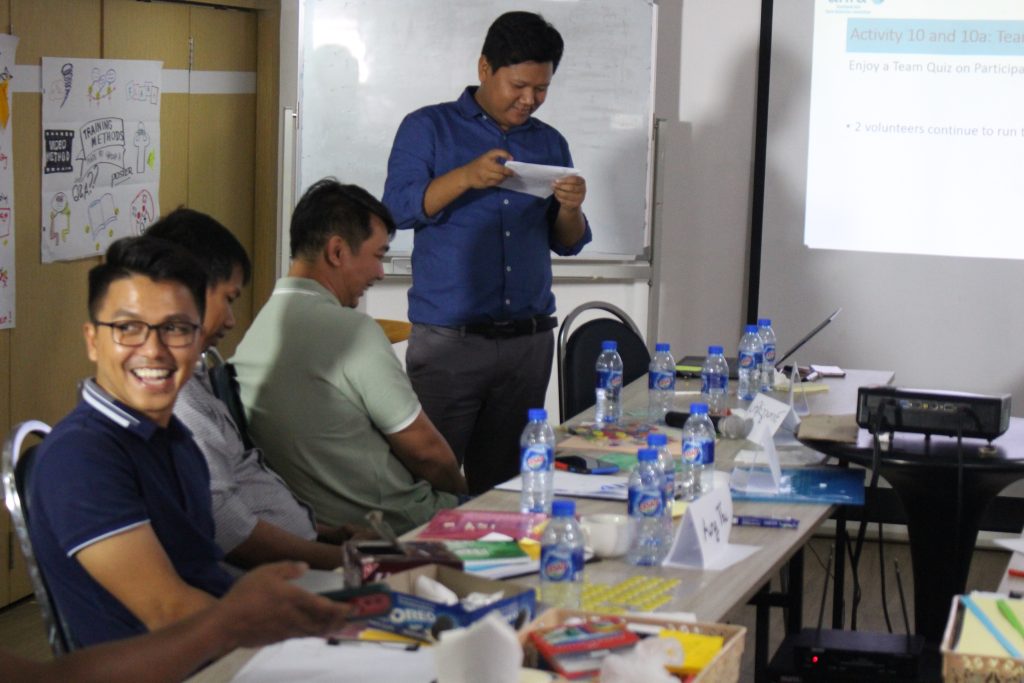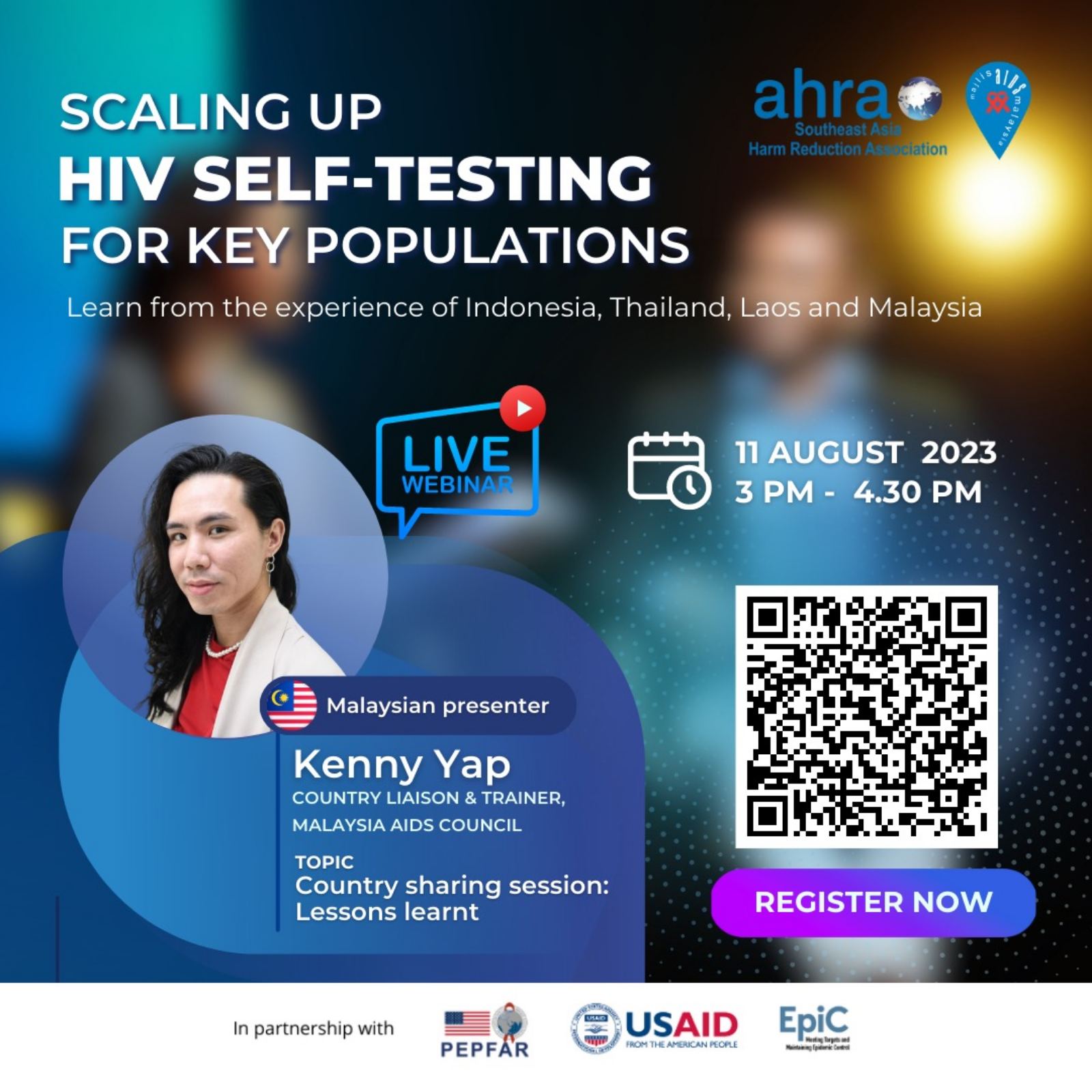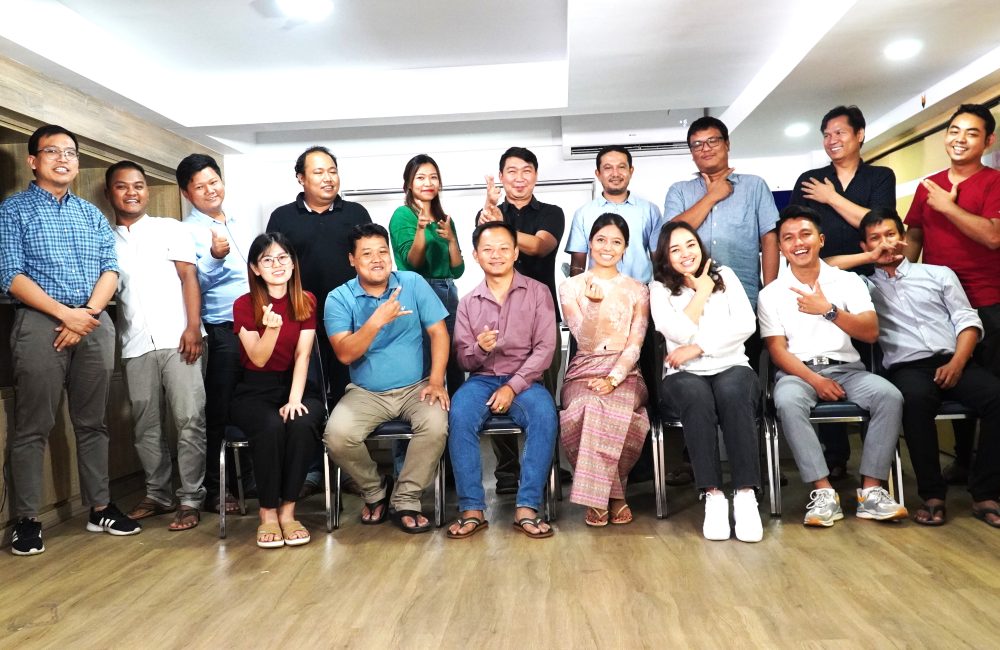
Facilitating Training of Trainers Course
The Southeast Asia Harm Reduction Association (AHRA) organized a comprehensive “Training of Trainers” program from June 26th to June 30th, 2023. This program was made possible with the generous support of the Global Fund, a significant donor in the field. Teams from the Asian Harm Reduction Network (AHRN) and Best Shelter (BS), two prominent organizations dedicated to harm reduction efforts in Southeast Asia, participated in the training sessions. The program included managers at various levels, project managers, and program coordinators who are experts in the harm reduction cascade of service delivery. These participants are actively engaged in training their colleagues, community members, and local organizations at their project sites.
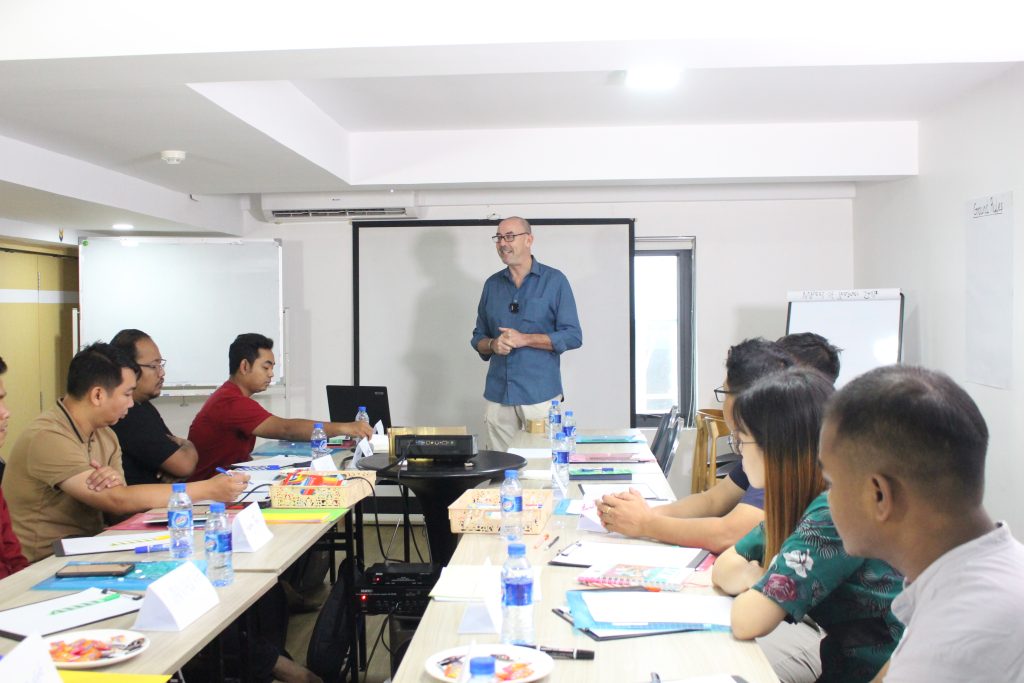
The Training of Trainers program successfully achieved its objectives and facilitated the exchange of knowledge and skills among participants. The following highlights the successful outcomes of the program:
Firstly, the program focused on active learning and enhanced participants’ understanding of the principles and practical strategies for trainers. Interactive exercises and discussions provided participants with hands-on experience and allowed them to share the benefits of active learning. Additionally, participants further developed professional training skills, including structuring sessions, facilitating discussions, delivering impactful presentations, and managing trainees’ expectations. These enhancements were perceived to improve their training delivery abilities and promote effective knowledge transfer.

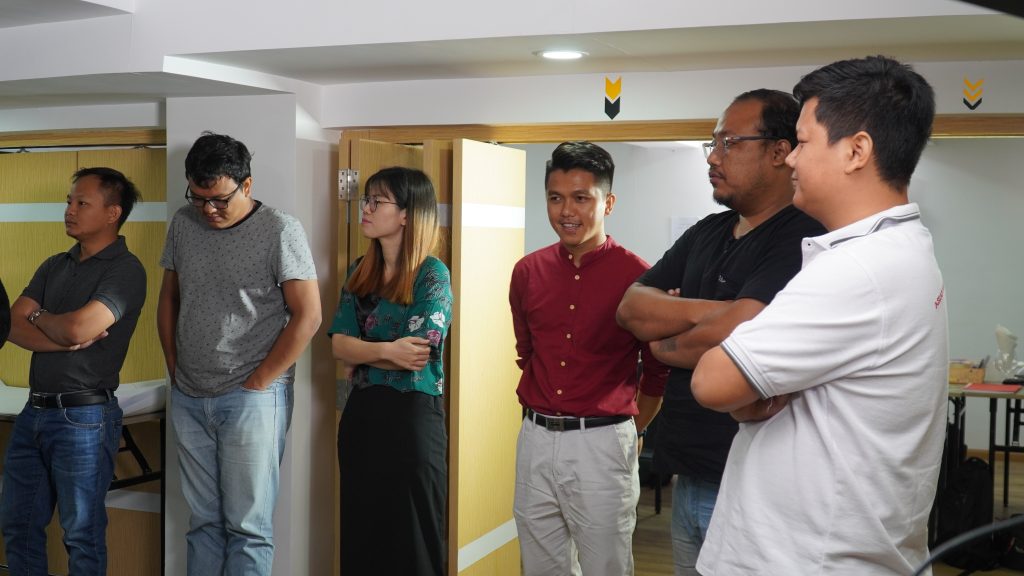
Secondly, the program covered coaching skills to create a supportive environment for growth and development. Participants experienced active learning coaching techniques to guide individuals towards achieving their goals and maximizing their potential. They also practiced providing constructive feedback, recognizing its importance in the learning process and trainees’ performance improvement. Practical exercises helped participants deliver feedback in a positive manner, fostering a culture of continuous learning.
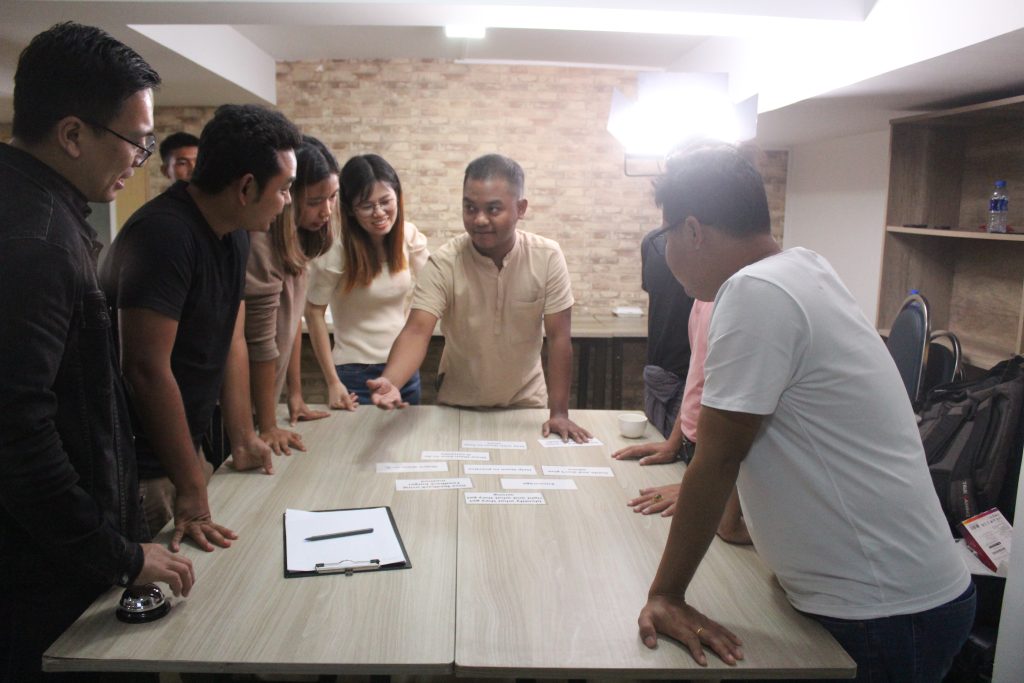
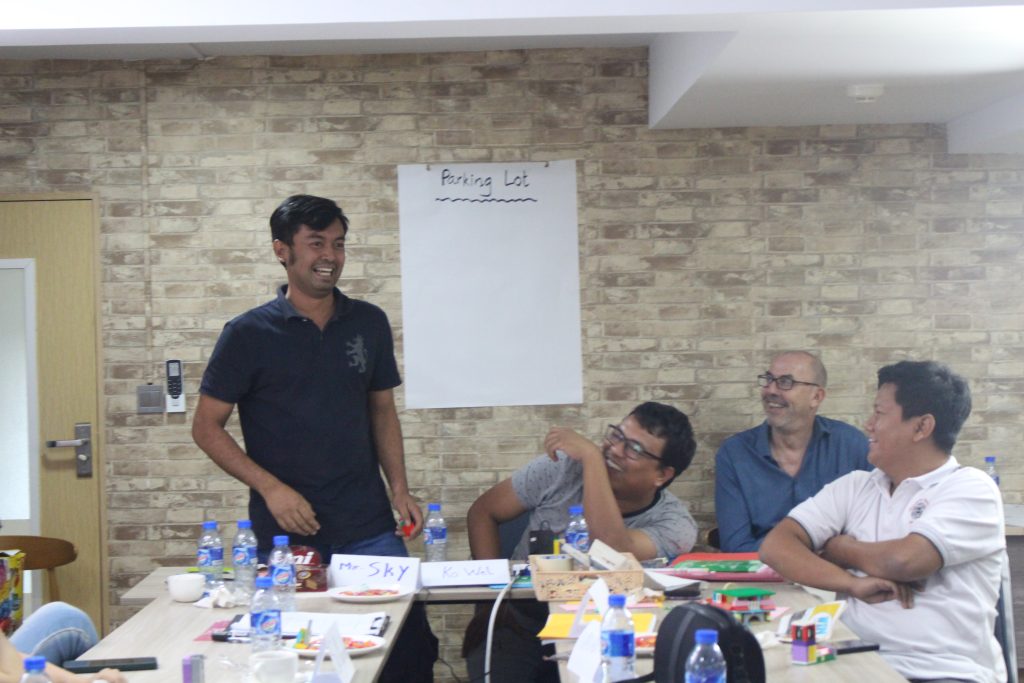
Furthermore, the program emphasized participatory training methods, encouraging active learner engagement and contribution. Through hands-on activities, group work, and role-plays, participants experienced the effectiveness of these methods in creating an inclusive learning environment. They also gained a comprehensive understanding of the cyclical ADDIE model’s five stages: Analyze, Design, Develop, Implement, and Evaluate. The ADDIE training process model provided an opportunity to design and implement high-quality training programs aligned with organizational goals and target audience needs and collect feedback to inform training development.
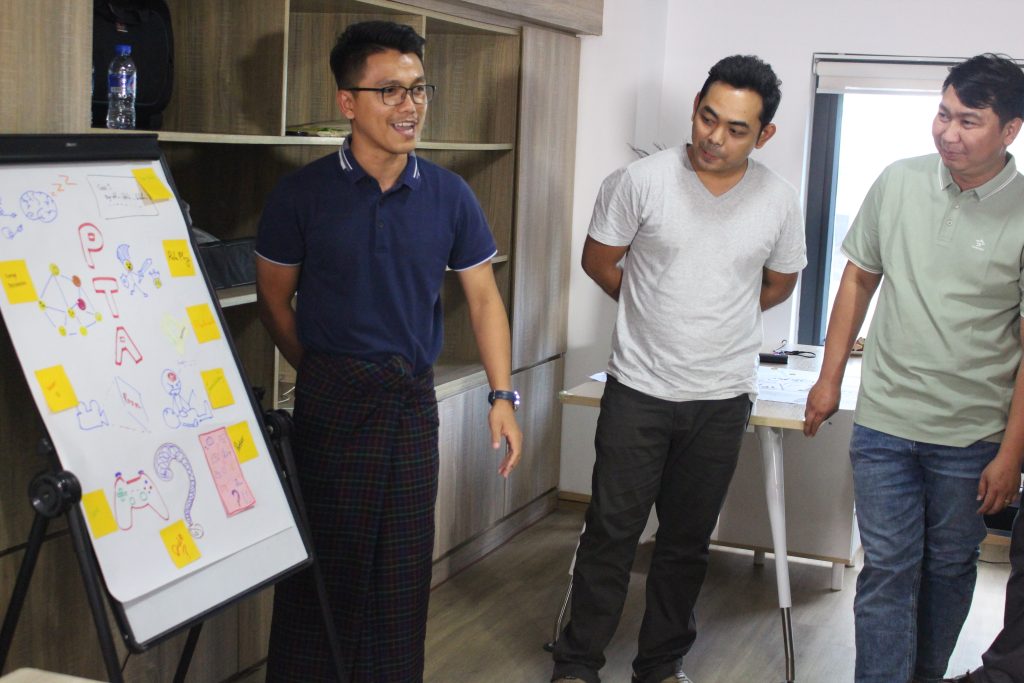

Overall, the Training of Trainers program was evaluated positively by the participants, who regarded it as a successful accomplishment of its objectives through active learning, equipping them not only with essential knowledge and skills, and also sharing online training guidelines provided by AHRN and BS during the training session. Participants left the program with enhanced training and coaching capabilities, enabling them to deliver engaging and impactful training sessions for the advancement of harm reduction efforts in Myanmar and Southeast Asia.
